What it feels like to be a female war reporter trapped behind enemy lines
Being shot at by ISIS, no food or water for 20 hours (in case you get bombed going to the loo) and Vespa driving with 80s music to decompress. CNN journalist Arwa Damon on the reality of being a woman in a war zone.
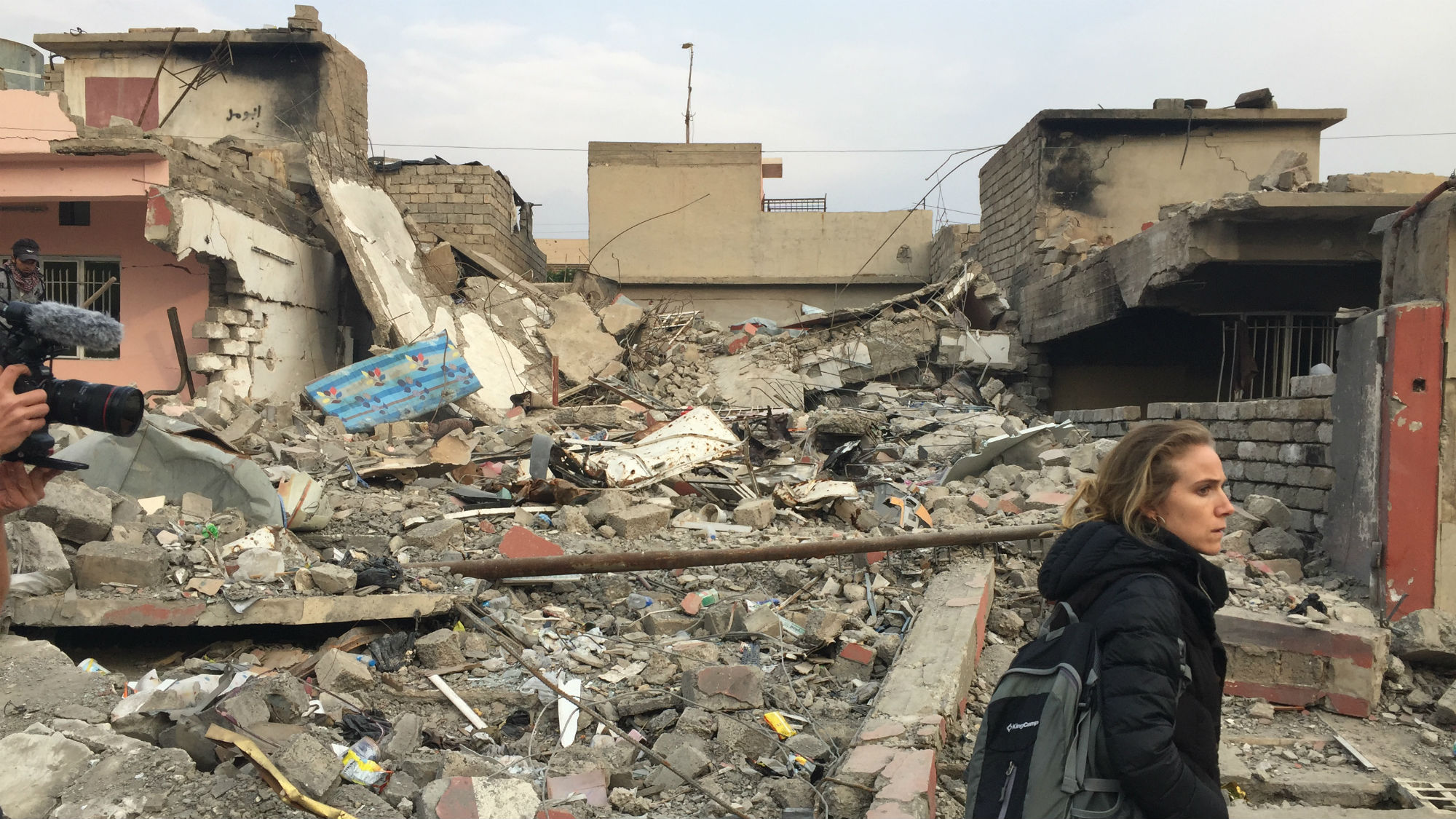
Being shot at by ISIS, no food or water for 20 hours (in case you get bombed going to the loo) and Vespa driving with 80s music to decompress. CNN journalist Arwa Damon on the reality of being a woman in a war zone.
Last week, CNN International correspondent Arwa Damon, 39 was honoured with a Peabody Award - the most prestigious in US journalism for 28 Hours Under Siege - her account of the nail biting 28 hours she and her cameraman Brice Laine were trapped in a Mosul street while ISIS surrounded them, relentlessly attacking them with suicide bombs, gun fire and air strikes. Her report is one of the most gripping 10 minutes of TV you will ever watch.
So how does it feel to stare death in the face as part of your day job? In this exclusive interview with Marie Claire, Arwa opens up about her ordeal, being a female war correspondent on the frontline, and getting to grips with normal life again after assignments.
MC: Your report on being trapped and attacked by ISIS for 28 hours straight was so terrifying it went viral. How do you mentally cope with being fired at for 28 hours straight?
AD: I’ve been an International journalist for 14 years but I never been so afraid. There were moments when the fear was gripping me by the throat. The thing is, you have to control your feelings because if you panic then obviously you’re going to end up in an even worse situation. At one point there was the corpse of a dead soldier in the back of our Hum-V, two wounded guys, and blood everywhere. We ended up with 22 wounded guys and ISIS basically surrounding us on all sides. For 8 hours they were 300 meters away firing at us. It was like nothing I've ever been in before.
MC: How did you actually find yourself behind enemy lines in Iraq?
AD: Well it wasn’t supposed to turn out that way. We went into Mosul with the counter-terrorism unit during their fight to reclaim the city from ISIS. But everybody underestimated ISIS’ capabilities. We had no idea how sophisticated they were. They systematically targeted the vehicles full of troops in the front and the back of us taking them out so we were left totally vulnerable and gridlocked in a tiny street. Then they fired at us relentlessly for hours.
Marie Claire Newsletter
Celebrity news, beauty, fashion advice, and fascinating features, delivered straight to your inbox!
Videos you may like:
Video you may like:
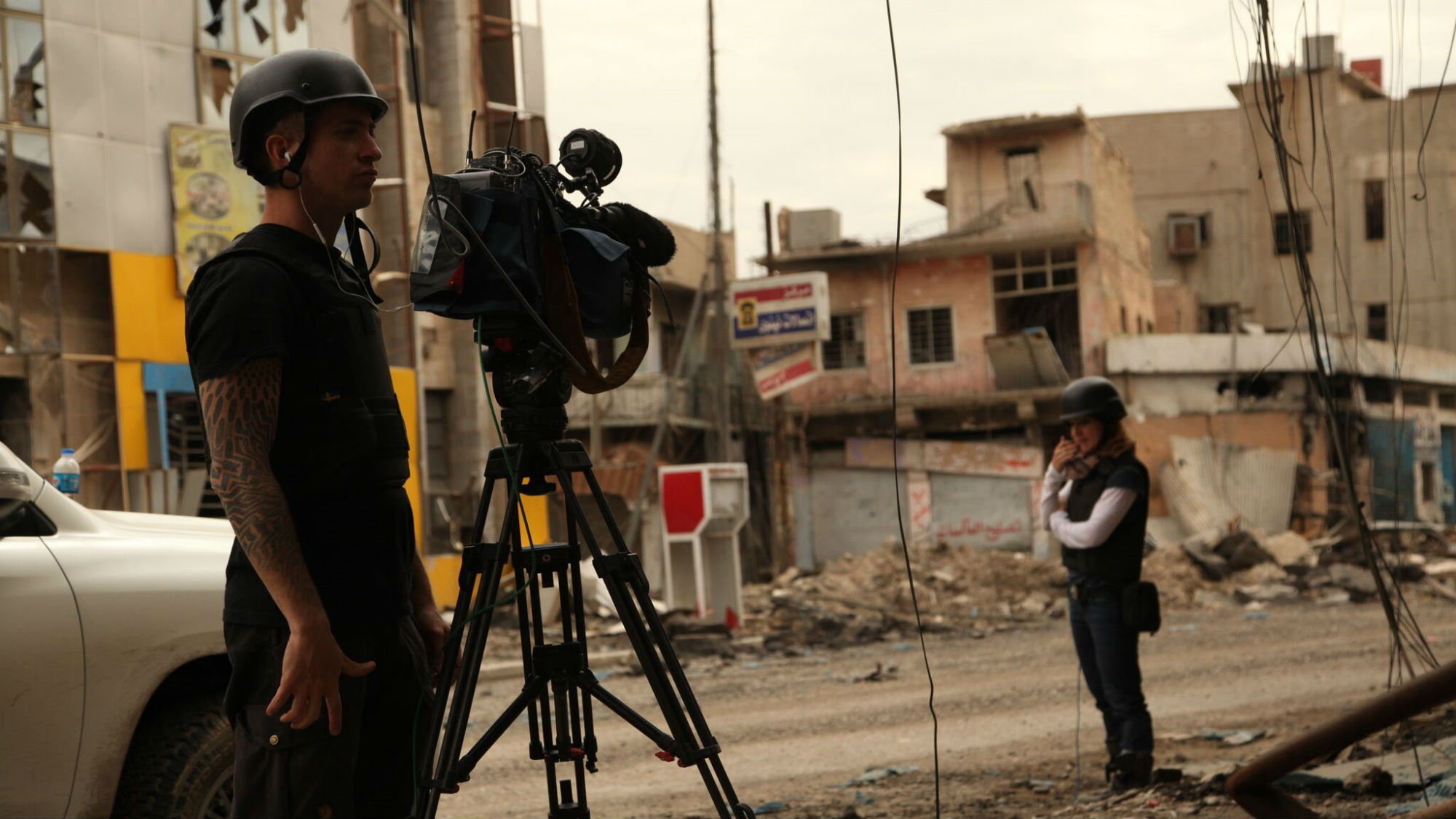
MC: What does it feel like being the only woman in situations like this?
It’s actually an advantage because you have access to a different part of the story that the male journalists can’t get. As a woman I can go in and sit with the men and get the war talk and then go and chat with the female civilians and children too. People tend to open up quicker to women. You can cut through the male bravado and get a more raw and honest conversation with the men.
When we finally managed to escape the vehicle and make it into a nearby house where we took refuge with a local family of 20 including many children, I cowered with the women and children under a staircase while the glass was blown out of the windows. We curled up telling stories and talking and even telling jokes to block out what was happening. The matriarch of the house was keeping it all together. She was very warm and loving. She told me ‘I’d hug you all night but I’m afraid I might roll on top of you and squish you!’ MC: The grandmother of the family you stayed with during the siege just named her grandchild after you when she was born a few weeks ago. How did that feel?
AD: I was stunned. I was simply stunned. I have never been honoured in such a way. And in some ways it was such a clear reminder of why I am so attached to Iraq.
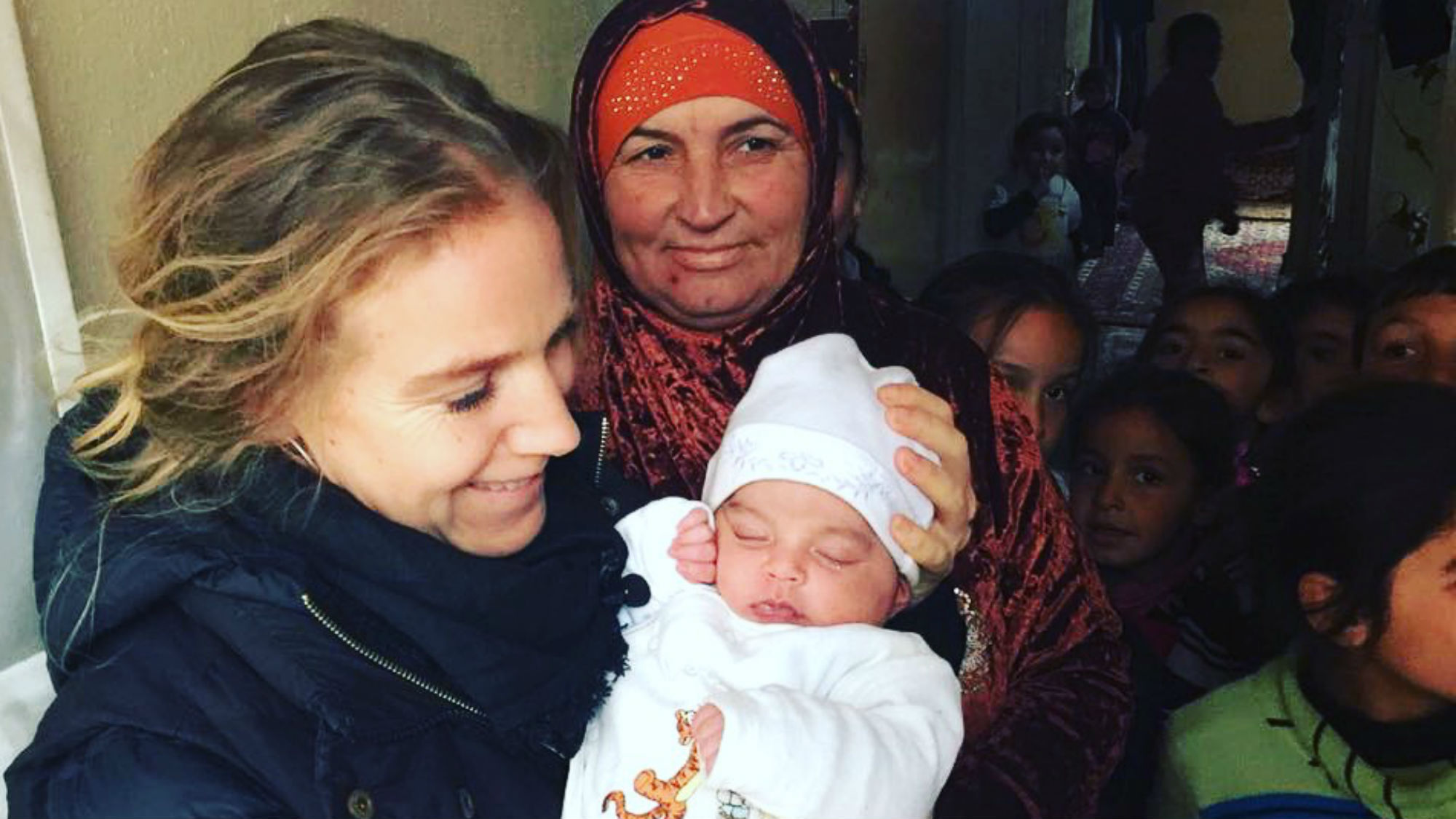
MC: How do you think women in Iraq view female war correspondents like yourself?
AD: Of course they all think I’m mad because I’m single, unmarried and don’t have children. But that’s more about me and my personality – my need for space – than my job. I’m half Arab so they don’t quite know how to define me because I’m basically breaking all of the boundaries and roles for women within their society. They find my physical vulnerability amusing. They’re like ‘oh my god you’re a tiny, skinny, scrawny blonde thing. You look like you’re going to snap in half. What are you doing here?’ They find it hilarious when I tell them ‘I can’t cook’ and offer to make me food. MC: Did you eat, drink or sleep in that 28 hours you were under siege?
AD: I didn’t eat or drink for 20 hours because the bathrooms in the home we were taking refuge in were in an outhouse and the courtyard kept getting hammered by grenades so I couldn’t risk a toilet stop. When I finally had to go, I said to my cameraman ‘Brice if I die with my pants around my ankles can please just pull them back up’.
The family did cook for the soldiers we were with though. This is what blows my mind over and over again – the generosity of people in these situations. If I had to explain Middle Eastern hospitality to someone I’d say its when you’re living in a bunker underground in Syria but because you have guests you’ll make your last tea for them, because to not give your guests tea would make you feel undignified. Its getting shot at when your house is on the frontline and still making fried eggs and bread for the soldiers and the journalists who are sheltering in your house. Even if it means that you’re not going to eat yourself. You see this warmth across other warzones in the Middle East. MC: How does it feel to face the prospect of death as part of your job?
AD: You never set out for it to be that way. But I’m driven by the desire to show the complexity of the battlefield, the horror of it all, the rawness, the realness. The fact that death can come from any corner at any moment, its unpredictability, the fact that you can’t keep yourself or your family safe.
People are always asking me; ‘Why do you go?’, ‘Why put your life at risk by getting into these situations?’ But it is about trying to create compassion and understanding. I’ve been in Iraq on an off since 2003 when I was based there for 7 years and I try to focus on bringing out the humanity and not just focus on the ‘’bang bang’ of it all.
MC: Do you always keep the camera rolling or are there times when you turn it off?
AD: In that Mosul report, at one point the little boy aged 10 turned to his mum and said ‘mummy I don’t want to die’. I looked at him and the fear, confusion, desperation on his face was heartbreaking. When someone is that scared, you turn off the camera and stop filming. But I tried to capture their general desperation in the report. Eventually the house behind theirs was flattened and all the kids ran out of the house in terror without their shoes, without anything, they just made a run for it. The mother told me ‘three or four of us might not make it but at least the rest will.’ I wanted people to relate to the fear on the families’ faces I was with. That’s why I do it. It might be happening over there, but viewers anywhere can relate to that emotion – the basic human desire to keep your family safe.
MC: You finally managed to get out alive, what was it like leaving this family you’d spent time with behind and returning to your life?
AD: Back up finally arrived and we were evacuated by troops. I cried not because I was sad or scared, but because the relief was so overwhelming. And the gratitude I felt to be alive was so huge.
The next minute I’m in my 5 star hotel room on my fluffy pillow, with my comfy sheets and all I can remember is being curled the exact same way in the exact same position 24 hours earlier with that family. I was so aware that being at that hotel was a luxury that so many other people don’t have. I can sit here now and talk about the whole thing but those poor families are still there. That’s why I set up a non-profit foundation INARA (meaning Ray of Light in Arabic) because a lot of the time you see a kid you want to help when you're in a war zone but don’t feel like the journalism is making enough of an impact.
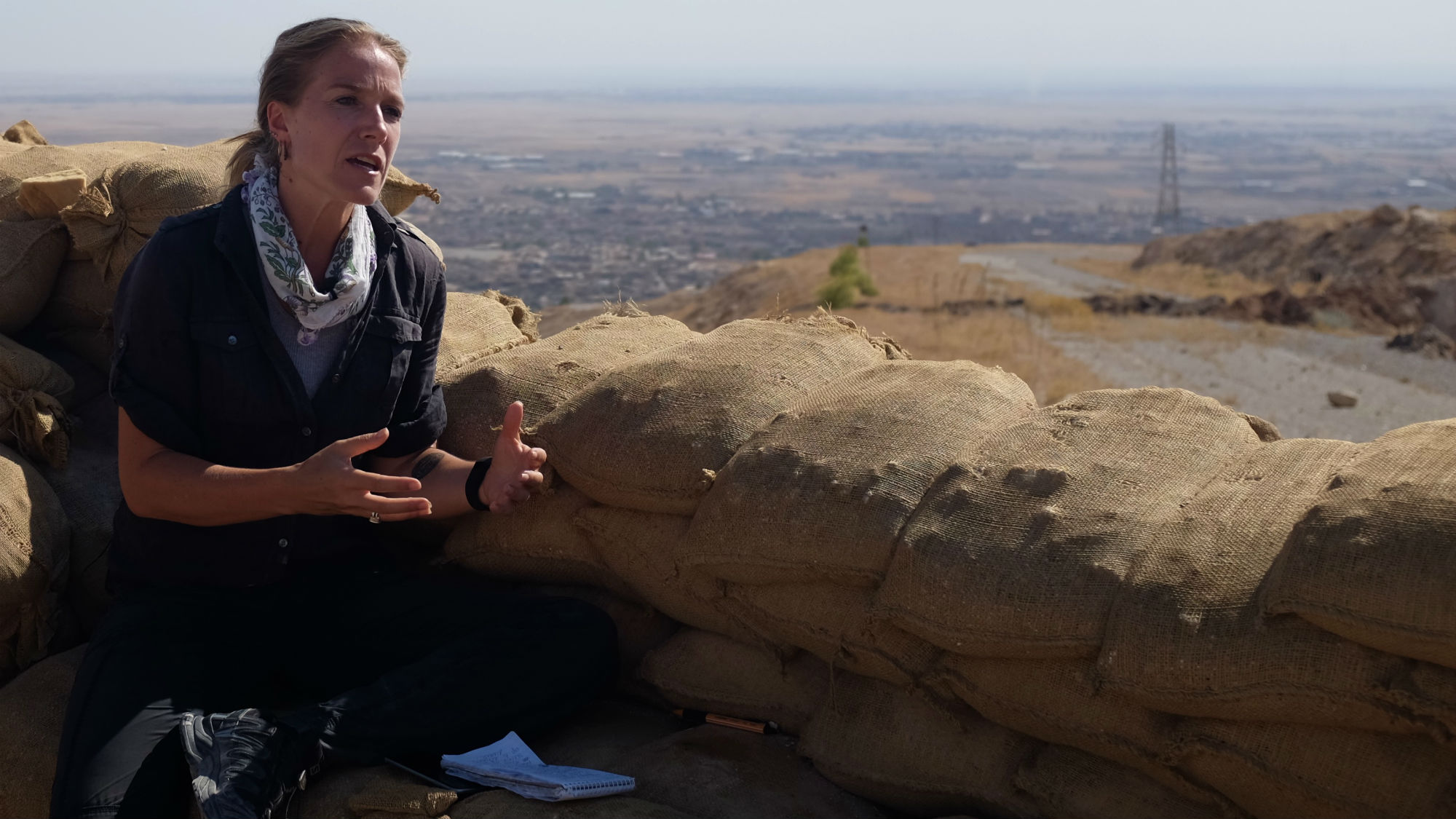
MC: So what’s the first thing you do when you return home after an intense experience like this?
AD: Earlier in my career I felt upset. Now, I’m so used to the cycle of it that I have my routines when I go back to normality.
The first thing I did when I got out of this mission was get a manicure because I’d butchered my hands. I’d cracked every single nail and they were like this bloody ragged disgusting mess. I And then I always go home and watch cartoons; I try to not have serious conversations. My cameraman and I are actually like brother and sister; we’re super silly together. Because what you’re going through is so dark that you needed to swing the pendulum. I like going for sushi, or jumping on my Vespa and going for rides with cheesy eighties music in my ear, because Eighties music makes you smile. I’m lucky because I don’t suffer with trauma or flashbacks afterwards. I eat like a horse and sleep like a baby.
MC: Does living with this prospect of death change how you view life?
AD: Yes, You’re reminded of how fragile we are and of your own mortality. I think some people think that war correspondents feel invincible. But very early on, I lost some good friends. So I’ve never really had any delusions about my own mortality.
I’ve always been a pretty compassionate person but that has deepened significantly since that siege in Mosul. I’ve been covering war for over a decade, but I never knew what it was like to be in that particular situation before and be that vulnerable and helpless. This is a vulnerability these families live with every day.
MC: How does your family feel about what you do?
AD: My mum thinks I need to have mercy on the soul of people that love me. My parents are proud, but absolutely terrified. My dad is very solid, but this last trip scared him. He’s always been like ‘I understand why you are doing this,’ but that time he was like ‘that was too close’. And it was too close. I don’t ever want to be in that situation again.
MC: Does your work allow any time for relationships?
AD: I’ve been single most of my life. I reached a certain point where I actually preferred being on my own. It sounds awful but I really cherish my space and my time on my own and I like to quiet my brain down a bit when I get home after assignments. Whereas for other people they crave a human touch, I want to be alone. No wait, what I really want right now is a puppy!
INARA - Damon's non-profit organization, The International Network for Aid, Relief, and Assistance focuses on medical care to help children who have fallen through the cracks and need lifesaving or life altering medical treatment.
Andrea Thompson is Editor in Chief at Marie Claire UK and was named by We are the City as one of the UKs top 50 trailblazers for her work championing gender equality. She sits on the committee of the British Society of Magazine Editors where she acts as Chair.
Andrea has worked as a senior journalist for a range of publications over her 20 year career including The Sunday Times, The Guardian, The Daily Mail, Channel 4, Glamour and Grazia. At Marie Claire UK, Andrea oversees content, strategy, events and campaigns across fashion, beauty and the brand's purpose pillars.
-
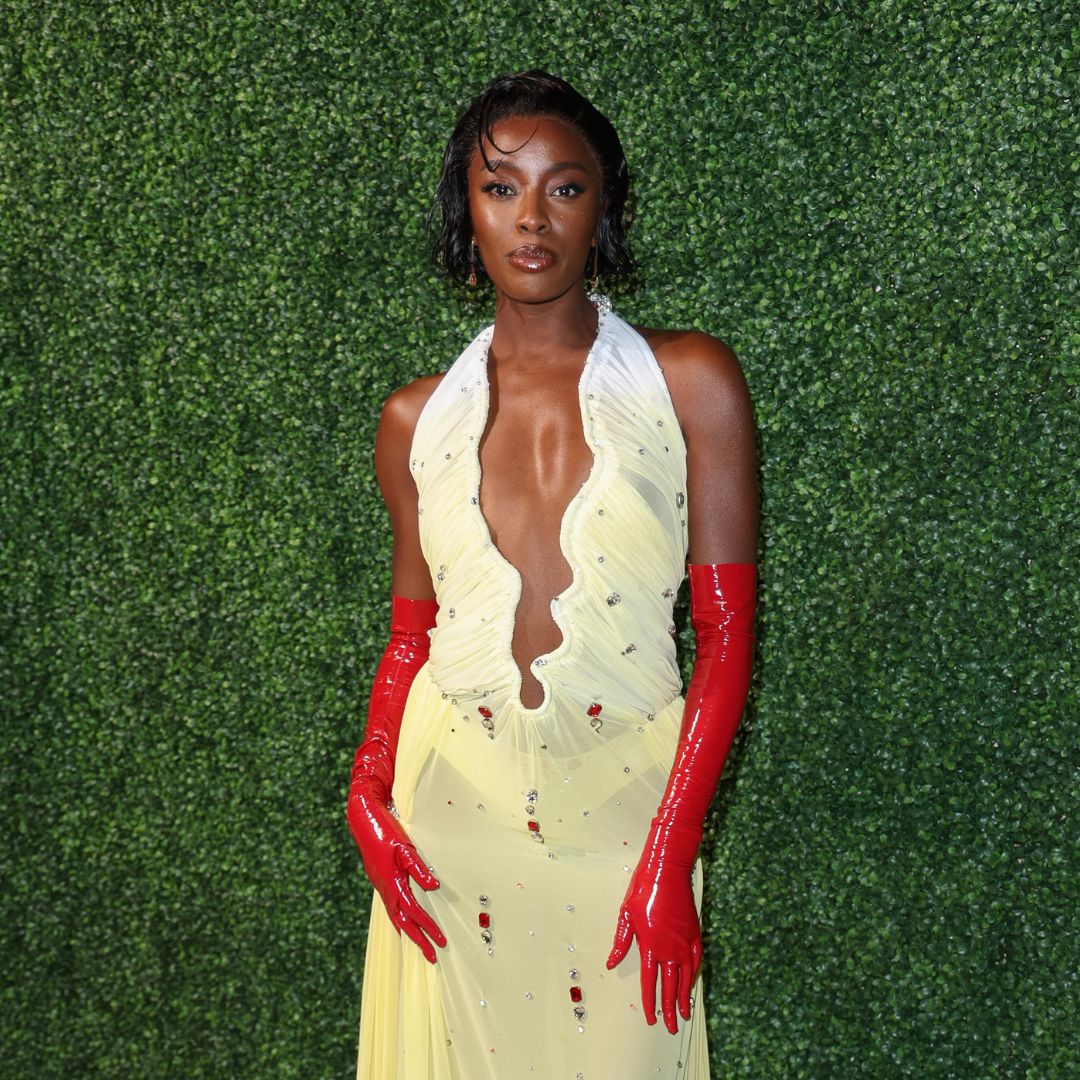 Anatomy Of A Wardrobe: TV presenter AJ Odudu is carving out her own lane, one show-stopping look at a time
Anatomy Of A Wardrobe: TV presenter AJ Odudu is carving out her own lane, one show-stopping look at a timeWatch as we take an exclusive look inside AJ's wardrobe
By Lily Russo-Bah
-
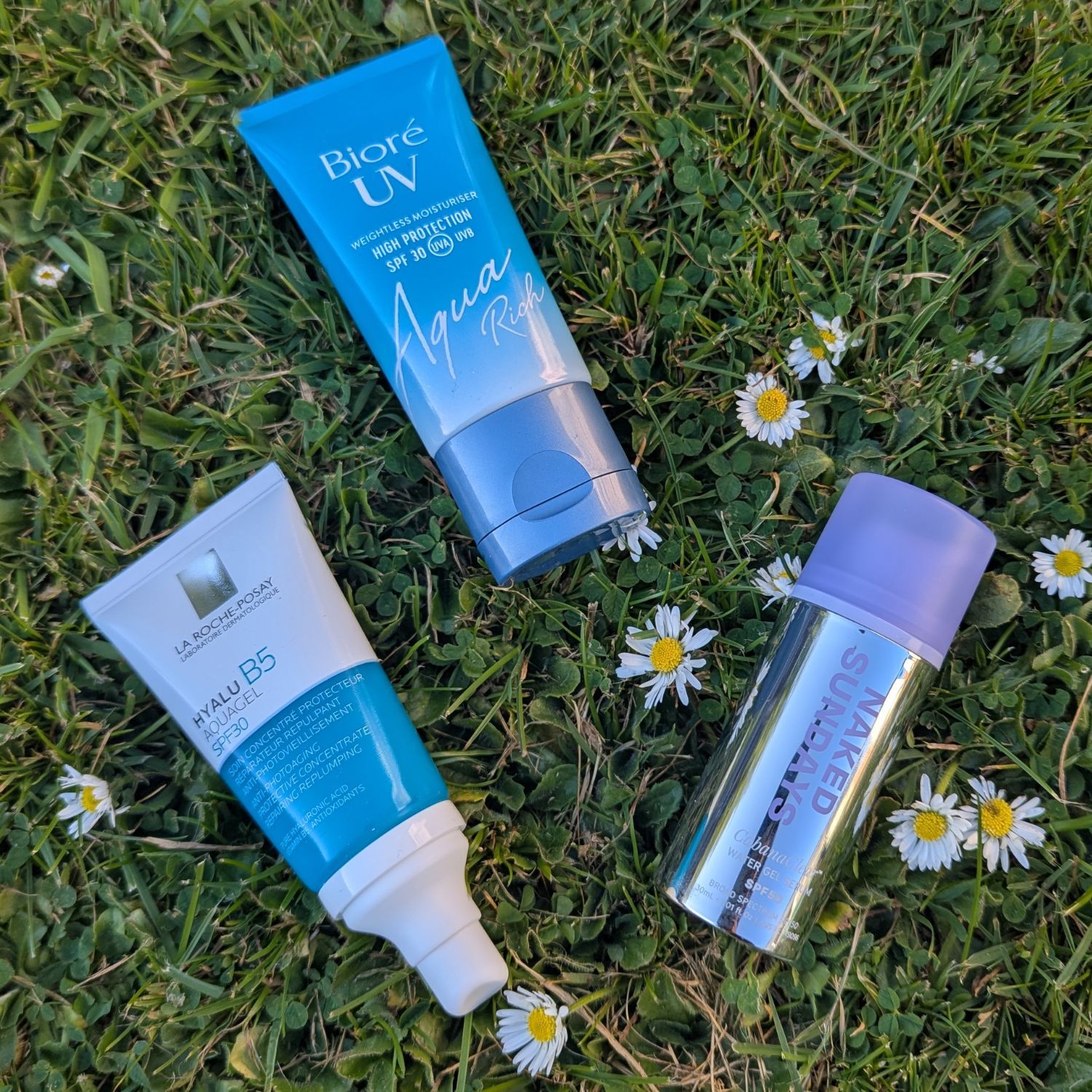 I’ve searched high and low for the best lightweight SPFs—these hydrating, water-based ones are a total game-changer
I’ve searched high and low for the best lightweight SPFs—these hydrating, water-based ones are a total game-changerNo excuses
By Jazzria Harris
-
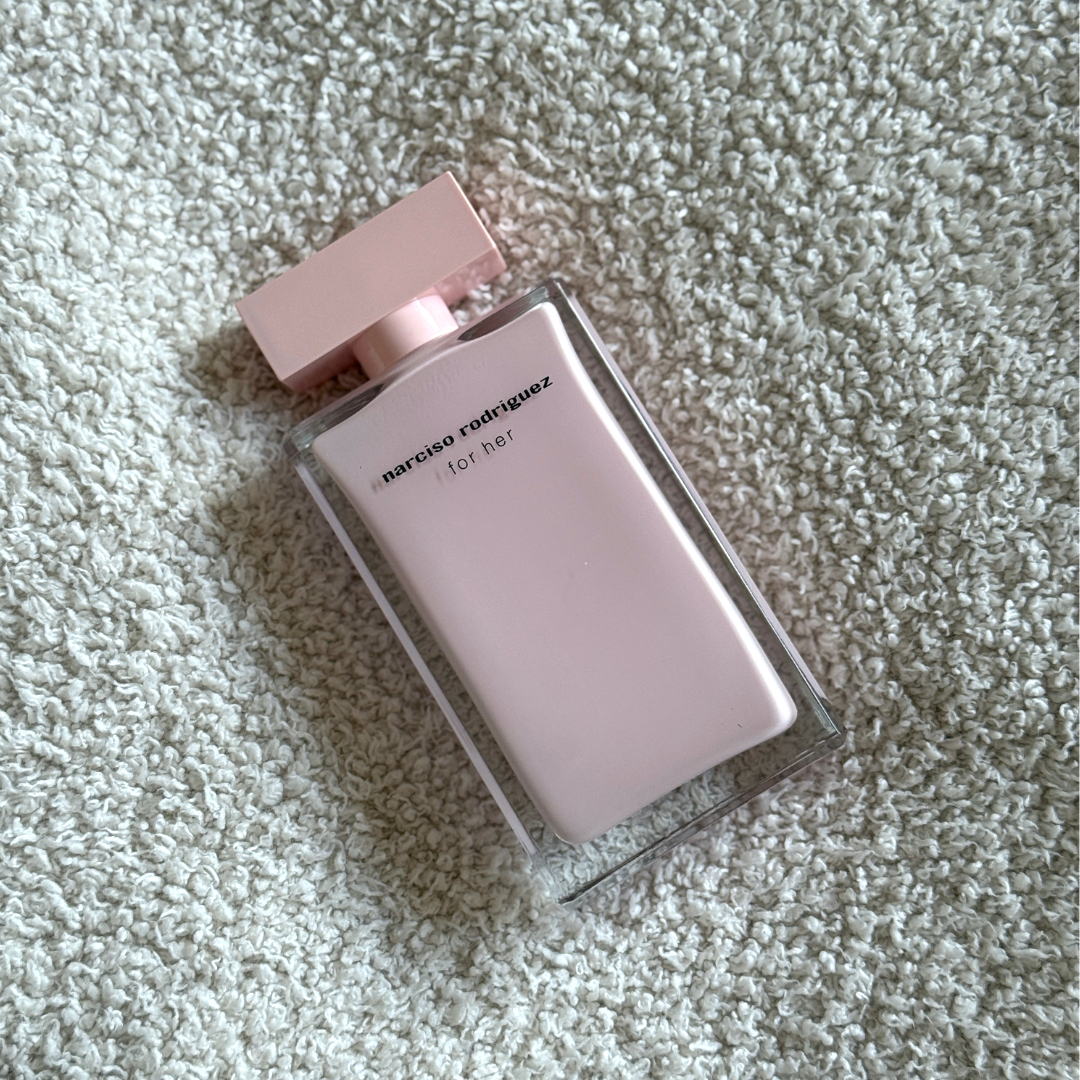 This perfume has been an icon for over 20 years, and for good reason—it’s soft, elegant, and oh so feminine
This perfume has been an icon for over 20 years, and for good reason—it’s soft, elegant, and oh so feminineFeminine but not *too* sweet
By Lucy Abbersteen